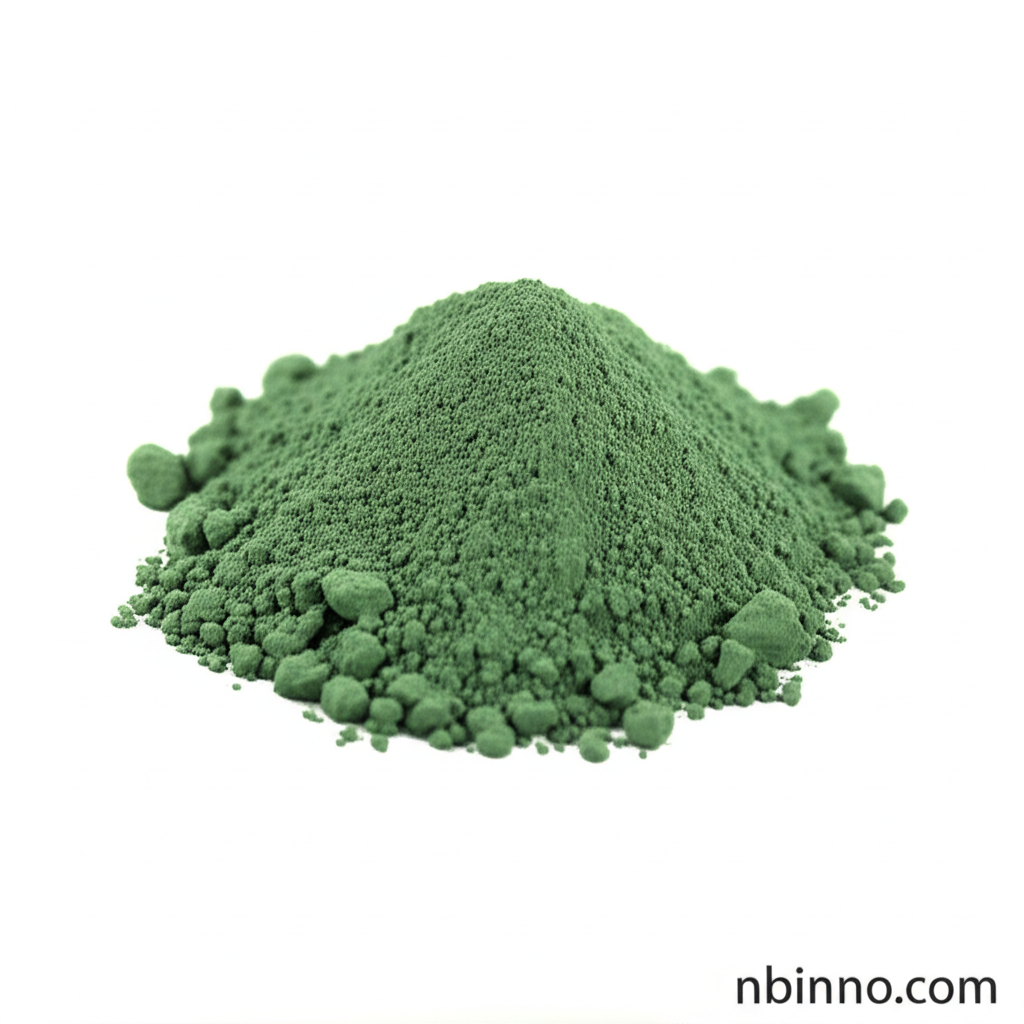Vanadium(II) Chloride: Properties, Applications, and Chemical Synthesis
Exploring the essential roles of Vanadium(II) Chloride in diverse industrial and research sectors.
Get a Quote & SampleProduct Core Value

Vanadium(II) Chloride
Vanadium(II) Chloride (CAS 10580-52-6) is a significant inorganic compound known for its robust reducing capabilities. Its unique chemical structure and properties make it invaluable in various industrial processes, including battery manufacturing and as a versatile catalyst in complex chemical reactions. This compound serves as a critical component for researchers in metal science and proteomics, offering unique insights into molecular interactions and mechanisms.
- The application of vanadium(ii) chloride as a catalyst in chemical synthesis offers enhanced reaction efficiencies and selectivity, driving innovation in material science.
- Understanding vanadium(ii) chloride preparation methods is crucial for ensuring high purity and consistent performance in demanding applications.
- The distinct vanadium(ii) chloride chemical properties, such as its strong reducing nature, enable its use in sensitive chemical transformations.
- Research into vanadium dichloride uses continues to expand, highlighting its potential in emerging technologies and advanced materials.
Key Advantages
Exceptional Reducing Agent
The powerful reducing capabilities of vanadium(ii) chloride chemical properties make it ideal for sensitive synthesis and purification processes, ensuring product integrity.
Catalytic Versatility
As a catalyst, it plays a vital role in optimizing reaction pathways, contributing to more efficient and cost-effective vanadium(ii) chloride applications in industrial chemistry.
Material Science Enabler
Its use in metal science research provides fundamental understanding and enables the development of novel materials with tailored properties.
Key Applications
Battery Manufacturing
Its involvement in battery manufacturing underscores its importance in energy storage solutions, contributing to advancements in battery technology.
Chemical Synthesis
Used as a reagent and catalyst, it facilitates complex organic synthesis, enabling the creation of specialized chemical compounds with high precision.
Metal Science Research
Crucial for metal science research, it allows scientists to explore the unique properties and interactions of vanadium-based materials.
Diagnostic Reagents
As a component in diagnostic reagents, it contributes to the development of analytical tools used in scientific and potentially medical research.
